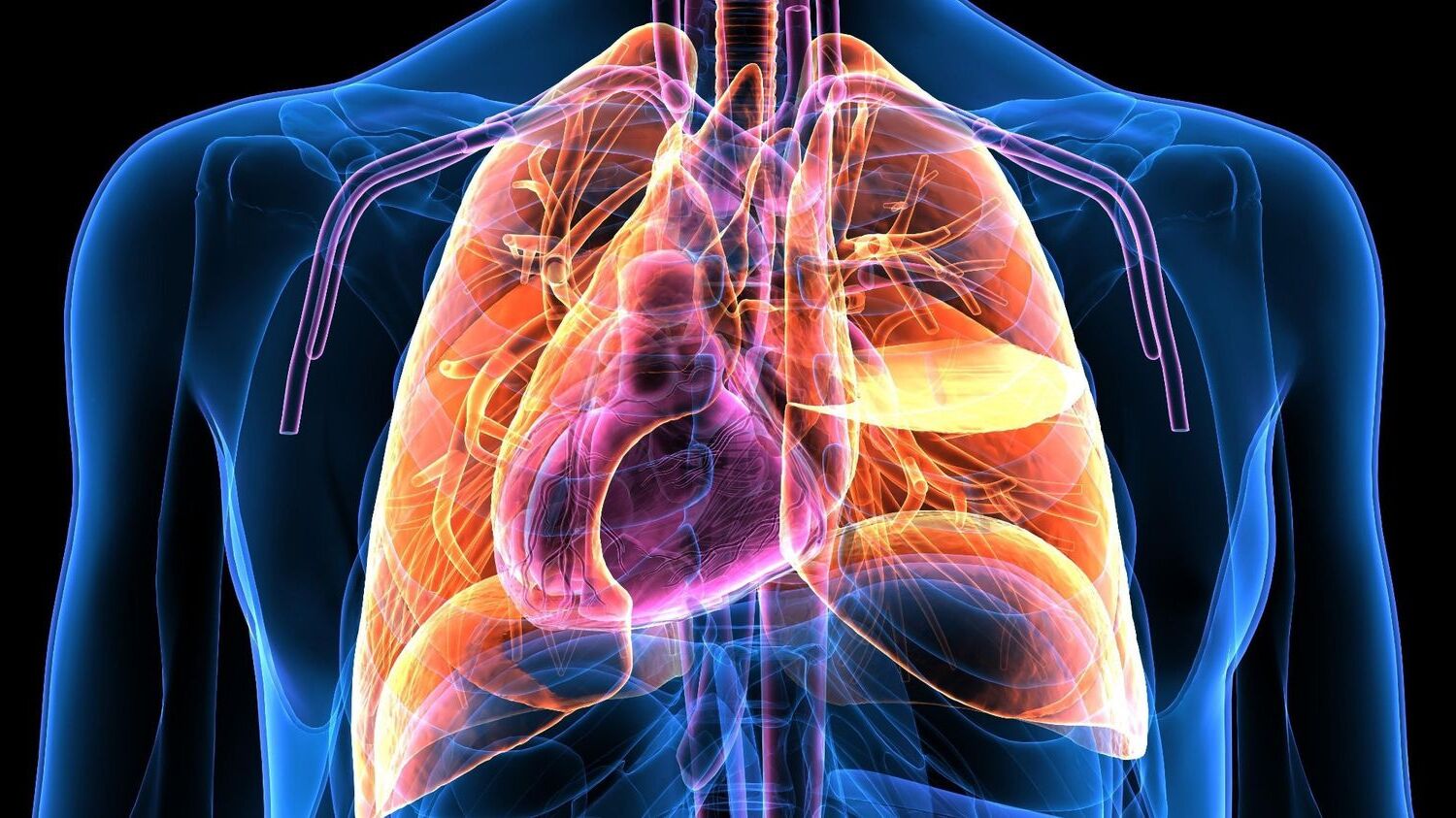
Are you aware of the hidden dangers lurking in everyday activities? From the food we eat to the air we breathe, health risks are everywhere. Understanding these risks can help us make better choices. For instance, did you know that sitting for long periods can be as harmful as smoking? Or that processed foods often contain chemicals linked to cancer? Even stress, something we all experience, can lead to serious health problems like heart disease. By learning about these risks, we can take steps to protect ourselves and our loved ones. Let's dive into 37 surprising facts about health risks that might just change how you live your life.
Key Takeaways:
- Health risks, from smoking to environmental factors, can lead to serious illnesses and even death. Making healthy choices and seeking help for mental health issues is crucial for a better life.
- Lifestyle choices, like physical activity and healthy relationships, play a big role in our health. Taking care of our bodies and minds can help prevent many health risks and lead to a happier life.
Understanding Health Risks
Health risks are everywhere, from the air we breathe to the food we eat. Knowing these risks can help us make better choices for a healthier life. Here are some surprising facts about health risks that might make you think twice.
- Smoking is the leading cause of preventable death worldwide, causing over 7 million deaths each year.
- Air pollution contributes to 4.2 million deaths annually due to heart disease, stroke, lung cancer, and respiratory infections.
- Obesity increases the risk of heart disease, diabetes, and certain cancers. Over 650 million adults are obese globally.
- High blood pressure affects 1.13 billion people worldwide and is a major risk factor for heart disease and stroke.
- Excessive alcohol consumption leads to 3 million deaths each year, contributing to liver disease, accidents, and cancer.
- Lack of physical activity is linked to 1 in 10 premature deaths. Regular exercise can reduce the risk of many chronic diseases.
- Poor diet is responsible for 11 million deaths annually. Diets high in sugar, salt, and unhealthy fats increase the risk of heart disease, stroke, and diabetes.
- Indoor air pollution from cooking with solid fuels causes 3.8 million deaths each year, mostly in developing countries.
- Unsafe water and poor sanitation lead to diseases like cholera and diarrhea, causing 829,000 deaths annually.
- Tobacco smoke exposure kills 1.2 million non-smokers each year due to secondhand smoke.
Mental Health Risks
Mental health is just as important as physical health. Understanding the risks can help in seeking timely help and support.
- Depression affects over 264 million people worldwide and is a leading cause of disability.
- Anxiety disorders impact 284 million people globally, causing significant distress and impairment.
- Suicide is the second leading cause of death among 15-29-year-olds, with close to 800,000 people dying by suicide each year.
- Substance abuse disorders affect 35 million people worldwide, leading to health problems and social issues.
- Work-related stress can lead to burnout, depression, and anxiety, affecting job performance and overall well-being.
- Social isolation increases the risk of mental health issues and is linked to higher mortality rates.
- Childhood trauma can lead to long-term mental health problems, including PTSD, depression, and anxiety.
- Sleep disorders like insomnia and sleep apnea affect mental health, increasing the risk of depression and anxiety.
- Bullying and harassment, especially in schools and workplaces, can lead to severe mental health issues.
- Chronic illness often leads to depression and anxiety, impacting the quality of life.
Environmental Health Risks
Our environment plays a crucial role in our health. Here are some environmental factors that pose significant risks.
- Climate change affects health through extreme weather events, food and water insecurity, and the spread of infectious diseases.
- Pesticide exposure can lead to health problems like cancer, reproductive issues, and endocrine disruption.
- Lead poisoning affects children’s brain development, causing learning disabilities and behavioral issues.
- Mercury exposure from fish and industrial processes can damage the nervous system, especially in unborn babies.
- Radon gas is the second leading cause of lung cancer, responsible for about 21,000 deaths annually in the U.S.
- Asbestos exposure causes lung cancer and mesothelioma, with symptoms appearing decades after exposure.
- Noise pollution can lead to hearing loss, stress, and sleep disturbances, affecting overall health.
- Water contamination with chemicals like arsenic and fluoride can cause serious health issues, including cancer and bone disease.
- Plastic pollution affects marine life and human health, with microplastics entering the food chain.
- Deforestation contributes to climate change and the loss of biodiversity, impacting human health through ecosystem disruption.
Lifestyle Health Risks
Our daily habits and lifestyle choices significantly impact our health. Here are some lifestyle-related risks to be aware of.
- Sedentary lifestyle increases the risk of obesity, heart disease, and diabetes. Regular physical activity is essential for health.
- Poor posture from prolonged sitting or improper ergonomics can lead to chronic pain and musculoskeletal issues.
- Excessive screen time is linked to eye strain, sleep problems, and mental health issues like anxiety and depression.
- Unhealthy relationships can cause stress, anxiety, and depression, affecting overall well-being.
- Overworking without adequate rest and relaxation can lead to burnout, stress, and health problems.
- Skipping meals or poor eating habits can lead to nutritional deficiencies and health issues like anemia and osteoporosis.
- Ignoring medical advice or delaying treatment can worsen health conditions and lead to complications.
Staying Informed Matters
Knowing health risks can make a big difference in your life. From understanding the dangers of smoking to recognizing the impact of poor diet and lack of exercise, awareness is key. Simple changes like eating more fruits and vegetables, staying active, and avoiding harmful substances can improve your well-being.
Keep up with regular check-ups and screenings. They help catch issues early when they're easier to treat. Don't ignore mental health either. Stress, anxiety, and depression can affect your physical health too.
Remember, small steps lead to big changes. Stay curious, ask questions, and seek reliable information. Your health is your most valuable asset. Protect it by staying informed and making smart choices every day.
Frequently Asked Questions
Was this page helpful?
Our commitment to delivering trustworthy and engaging content is at the heart of what we do. Each fact on our site is contributed by real users like you, bringing a wealth of diverse insights and information. To ensure the highest standards of accuracy and reliability, our dedicated editors meticulously review each submission. This process guarantees that the facts we share are not only fascinating but also credible. Trust in our commitment to quality and authenticity as you explore and learn with us.


